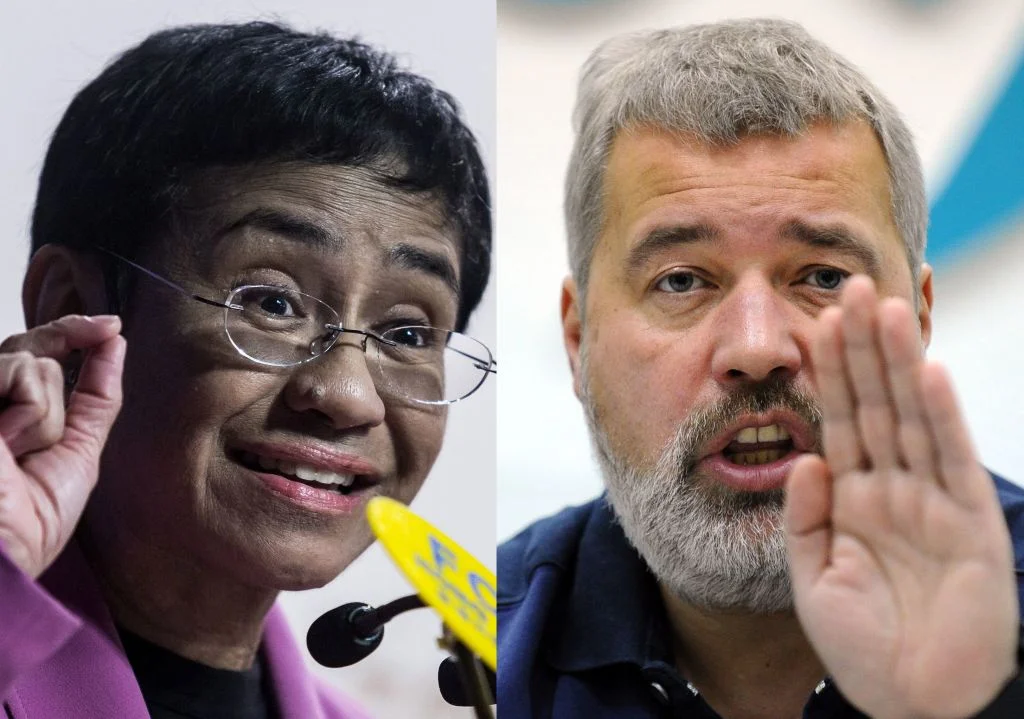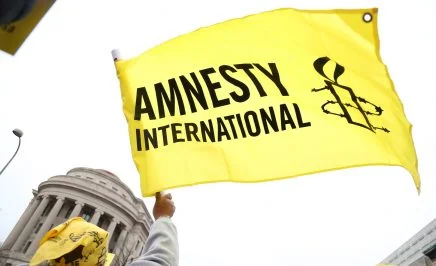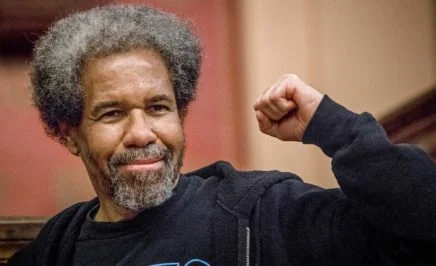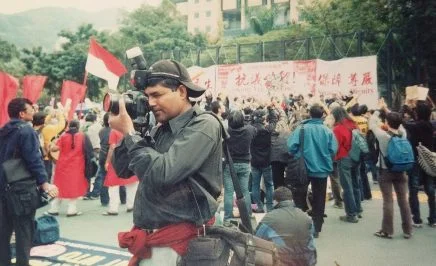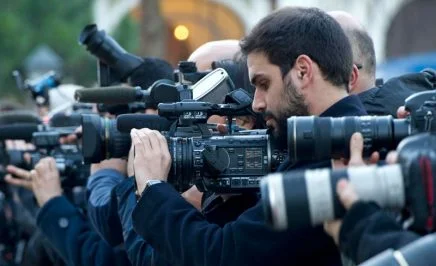In the past decade, a journalist has been killed on average every four days. In nine out of ten cases the killers go unpunished, according to the UNESCO observatory of killed journalists.
The United Nations General Assembly has marked 2 November as the ‘International Day to End Impunity for Crimes against Journalists’. This landmark resolution condemns all attacks and violence against journalists and media workers.
Journalists around the globe face danger everyday. Journalists often face threats against their safety, including harassment, intimidation, arbitrary imprisonment, kidnappings and violent attacks. Murder is the most extreme method of media censorship.
Around the world, the perpetrators of these threats often go unaddressed, either through the obstruction of the judicial process by the powerful or as a result of legal systems not properly protecting journalists or recognising crimes for what they are – attacks on freedom of the press.
Amnesty supports the right to press freedom, and as part of that, the protection of journalists, by calling for governments to provide greater protections for journalists under threat.
Here are 7 cases you can support by taking action on today:
1. Call for the release of citizen journalist Zhang Zhan
Arresting journalists has long been a tactic of authoritarian governments looking to silence critical reporting. During Write for Rights this year, Amnesty supporters from all across the globe are writing letters calling for citizen journalist Zhang Zhan’s release.
Zhang Zhan, 37, disappeared in May 2020 after documenting the response of her government to the COVID-19 outbreak in Wuhan.
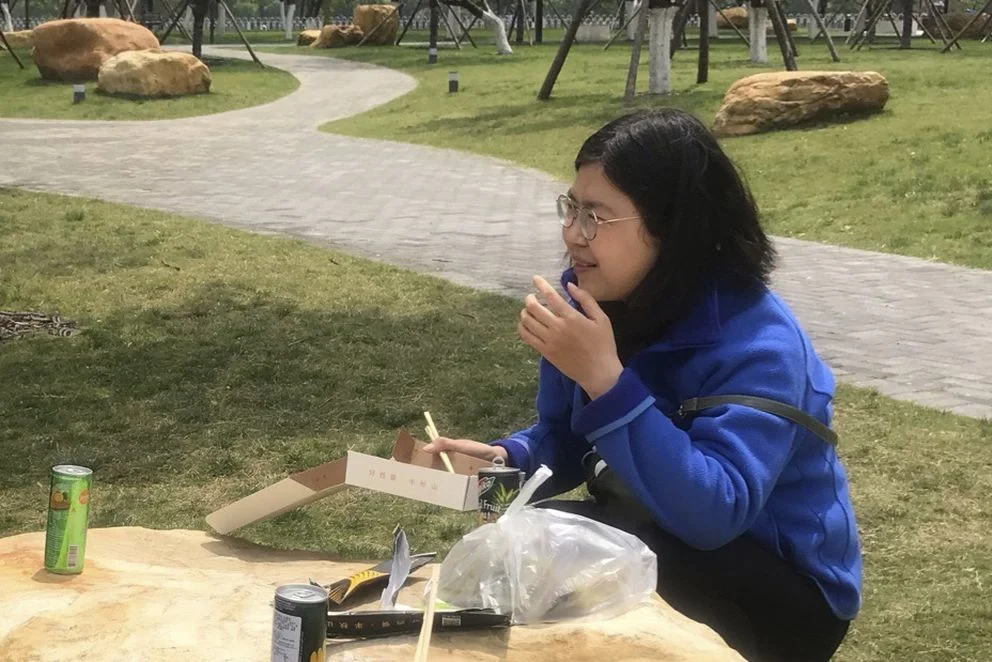
Previously a lawyer, Zhan travelled to Wuhan in February 2020 determined to get the truth out about how government officials had detained independent reporters and harassed families of COVID-19 patients.
Zhan has been locked up, tortured and shackled for months. Her crime? Reporting on COVID.
On a hunger strike since last year, Zhan is now so severely malnourished that her life is at risk – she weighs less than 40kg. Her mother is begging for her to eat, but Zhan is determined to protest her imprisonment and assert her innocence.
It has never been more urgent to act. Zhan helped others by exposing censored information about COVID. Now, we need to help save her life. Sign the urgent petition calling on the Chinese government to free Zhang immediately. With enough global outcry, we can show that the world is watching and pressure them to release her.
2. Call for protection for Janna Jihad
Janna Jihad, 15, is a human rights defender and journalist who lives in the small Palestinian village of Nabi Saleh, located in the occupied West Bank.
Like Zhang Zhan, Janna Jihad is a citizen journalist but she uses Facebook and YouTube to document the Israeli army’s oppressive and often deadly treatment of Palestinians. Janna Jihad is another of our Write for Rights cases which urgently requires your voice to call for action for their protection.
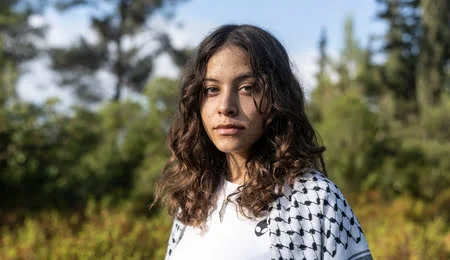
Janna used her mother’s phone to record and expose to the world the racist brutality her community experiences at the hands of Israeli forces. At 13, Janna was recognised as one of the youngest journalists in the world.
Today, Janna’s principled journalism has marked her out for harassment and death threats, but she won’t give up. Palestinian children are especially at risk of violence. Many have been killed and injured by Israeli forces.
I want to know what freedom means in my homeland, what justice and peace and equality means without facing systematic racism.
Janna Jihad, human rights defender and journalist
Stand up for Palestinian children. Sign the petition now calling on Israel to protect young Palestinians like Janna from harm. You can help children get the safety they need.
3. Take action against the Bangladesh Digital Security Act
Governments often introduce new policies, national security laws or media standards to block the operations of particular journalists or media outlets. These changes in law are mobilised as raids on homes and offices, arrests of individual journalists and the mistreatment of imprisoned journalists.
In Bangladesh, the Digital Security Act (DSA), a vague and overly broad law that criminalises legitimate forms of expression, has been increasingly used to stifle dissent on social media, websites, and other digital platforms with punishments that go up to life imprisonment.
The authorities have targeted critical voices under the pretext of containing false, offensive, derogatory, or defamatory information, and it is being deployed as a tool for repression.
Writer, Mushtaq Ahmed, was arrested under the DSA for criticizing the Bangladeshi government’s response to the COVID-19 pandemic on Facebook. Mushtaq died in prison in February this year, after languishing in pre-trial detention for more than ten months without a trial, solely for exercising his right to freedom of expression.
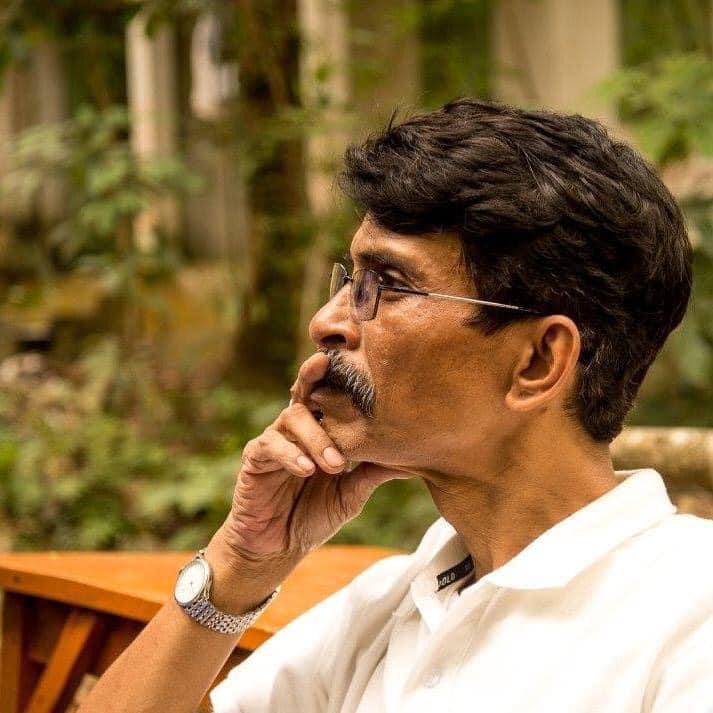
With your help we can put pressure on the Bangladeshi government, letting them know that the world is watching – and that we will not rest until the right to freedom of expression is protected.
4. Call for an end to the ongoing harassment and arrests of Maria Ressa
In June 2020, a Manila court convicted Maria Ressa and former journalist Reynaldo Santos of cyber libel. Both now face up to six years in prison, and have been ordered to pay nearly USD8000 in damages.
Ressa and Santos are being singled out for their critical reporting of the Duterte administration, including ongoing human rights violations in the Philippines.
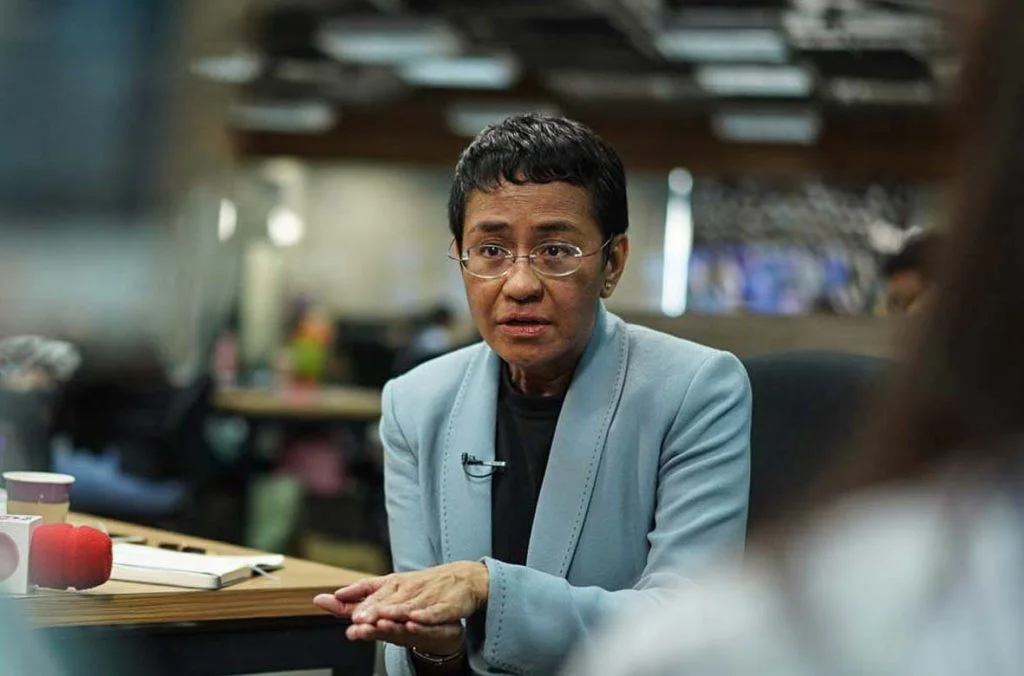
Since President Duterte came into power in 2016, thousands of poor and marginalised people have been murdered by police and others in extrajudicial killings. Maria and her team at the media outlet Rappler have been tireless in their efforts to investigate and expose this campaign of violence, intimidation and repression — even risking their own safety and freedom to do so.
In February 2019, Maria was arrested and detained overnight on “cyber-libel” charges. In June 2020, she was convicted of these charges which Maria say is an “abuse of power” and “weaponization of the law”.
The ongoing harassment and arrest of Maria is a disturbing attempt to silence independent journalism in the Philippines. Maria was named a Nobel Prize laureate in 2021.
Join us in calling for the Department of Justice to quash the conviction end to politically-motivated prosecutions.
5. Demand the Chinese authorities release Yang Hengjun
Chinese-Australian writer Yang Hengjun has been detained by the Chinese authorities since January 2019. Yang, a prominent writer and blogger, has amassed a large following for his novels and his often outspoken commentary on Chinese public affairs.
The government has accused him of espionage. For over a year the authorities denied him access to lawyers and to his family. For months following his detention, no one saw or heard from Yang.
Following public pressure, he was finally allowed to meet with Australian consular staff and his lawyer.
There are grave concerns that he is at risk of torture and other ill-treatment. Yang, who was previously in good health, is now suffering from hypertension, kidney problems, tinnitus and memory loss.
After a closed trial in May 2021, there has still been no verdict published.
6. Demand the release of 10 journalists in Yemen
Akram, Abdelkhaleq, Hareth and Tawfiq were just doing their job when they were detained and charged with “spying” and “creating several websites on the internet and social media.”
They have now been detained, alongside six other journalists, for five years. In December 2020 Amnesty International learned that Tawfiq al-Mansouri had been denied medical treatment while detained. Lynn Maalouf, Amnesty International’s Deputy Regional Director for the Middle East and North Africa, said:
He should never have been imprisoned in the first place, let alone sentenced to death.
Lynn Maalouf
“Pending his overdue release, al-Mansouri must immediately be granted access to the medical care he so desperately needs by doctors of his choosing. We further call on the Huthi de facto authorities to immediately quash the death sentences issued to the four journalists after an unfair trial, to drop all pending unfounded charges and to release them without delay.”
7. Show your support for Australian journalists by following the Amnesty International Australia Media Awards
The Amnesty International Australia Media Awards are held to recognise excellence in reporting of human rights issues in the Australian media, and celebrate the importance of a free press to democracy.
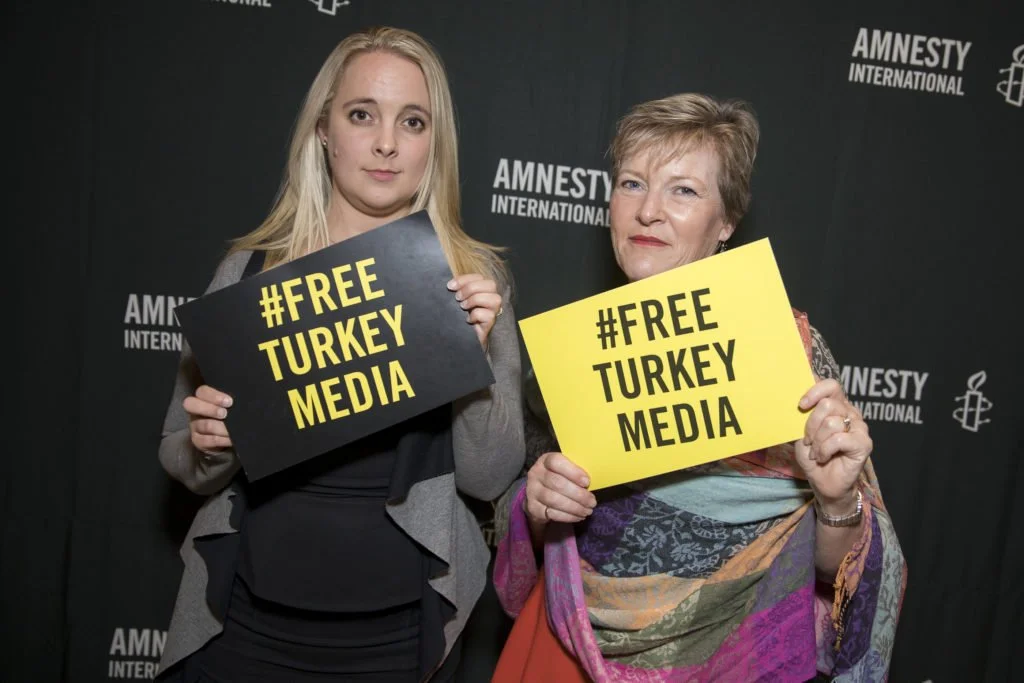
Each year the awards acknowledge those Australian media stories that have presented a fair and balanced report of a human rights issue, highlighted hidden abuses and encouraged an audience’s greater understanding of a human rights issue.
By following the awards you can support the hard work of Australian journalists as they challenge injustice.
